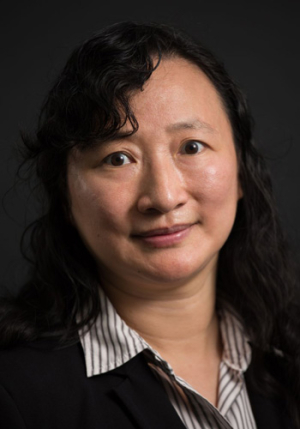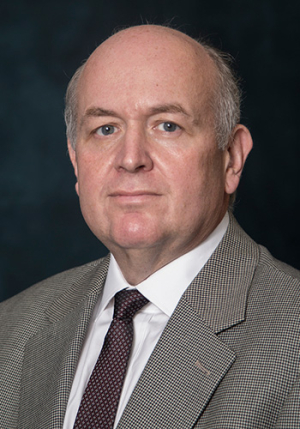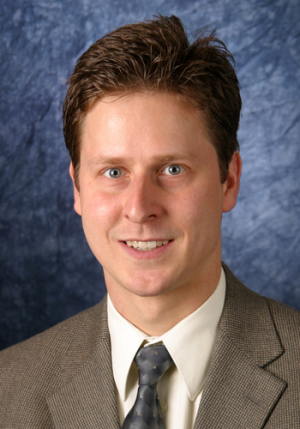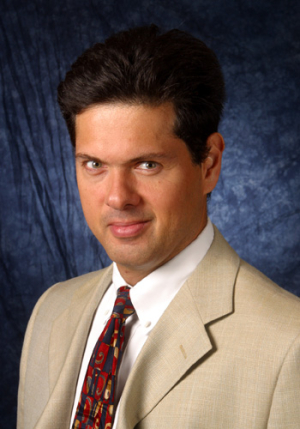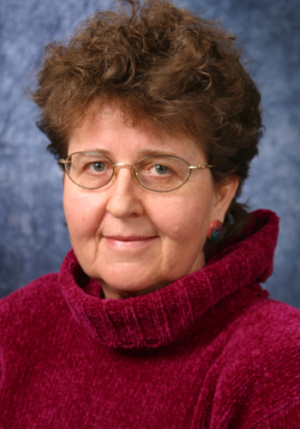Seven faculty members from the University of Houston Cullen College of Engineering in May received grants totaling more than $500,000 from the Norman Hackerman Advanced Research Program.
ARP is a competitive, peer-reviewed grant program funding scientific and engineering research projects of faculty members at Texas higher education institutions. Funding given through the program is administered by the Texas Higher Education Coordinating Board.
Of 1,925 pre-proposals from institutions that include the Texas A&M system, and the University of Texas system, 520 were selected to go to full proposal stage. Just 121 were selected for funding among those submissions. At the University of Houston, 21 of the two-year grants were received—five of which were awarded to professors in the Cullen College of Engineering.
Yuhua Chen, assistant professor of electrical and computer engineering, $149,800 for “Latency and Jitter Control for Telesurgery and Telemedicine Using Asymmetric WDM Burst Switching.” Chen is developing new optical switching technologies that will eventually allow the spread of telemedicine and telesurgery, which will benefit patients thousands of miles away.
Dmitri Litvinov, associate professor of electrical and computer engineering and chemical and biomedical engineering, and Paul Ruchoeft, associate professor of electrical and computer engineering, $149,981 for “Nanoscale Patterned Magnetic Recording Medium: Device Physics and Fabrication of Imprint Templates.” The money will fund graduate student positions that will aid their research into a nano-fabrication technique that could result in more powerful, reliable computing devices.
Matthew Franchek, professor and chair of mechanical engineering and director of biomedical engineering, and Karolos Grigoriadis, professor of mechanical engineering, $146,000 for “Diesel Engine Optimization and Control Adaptation for Biofuel Usage.” Grigoriadis and Franchek’s research seeks to reduce tailpipe emissions and increase fuel economy through the development of diesel engine optimization and control strategies that automatically adapt engine operation to biofuel usage.
Peter Strasser, assistant professor of chemical and biomolecular engineering, $75,000 for “Development of Active and Durable Nanostructured Pt alloy Catalysts for High Powerdensity Fuel Cells.” In his research, Strasser hopes to create a more durable, cost efficient metal alloy electro catalyst for hydrogen fuel cells that has the potential to improve the impact of future transportation on the environment.
John Miller, professor of physics, and co-PI Wanda Zagozdzon-Wosik, associate professor of electrical and computer engineering, $110,000 for "Physical Mechanisms of Biological Rotary Motors." This multi-disciplinary project focuses on mechanisms by which rotary biological motors convert ion gradients and transmembrane potentials into motion to produce ATP, used by all living organisms. It will elucidate understanding of mitochondrial dysfunction, which is implicated in aging, type-2 diabetes, heart disease and cancer.
